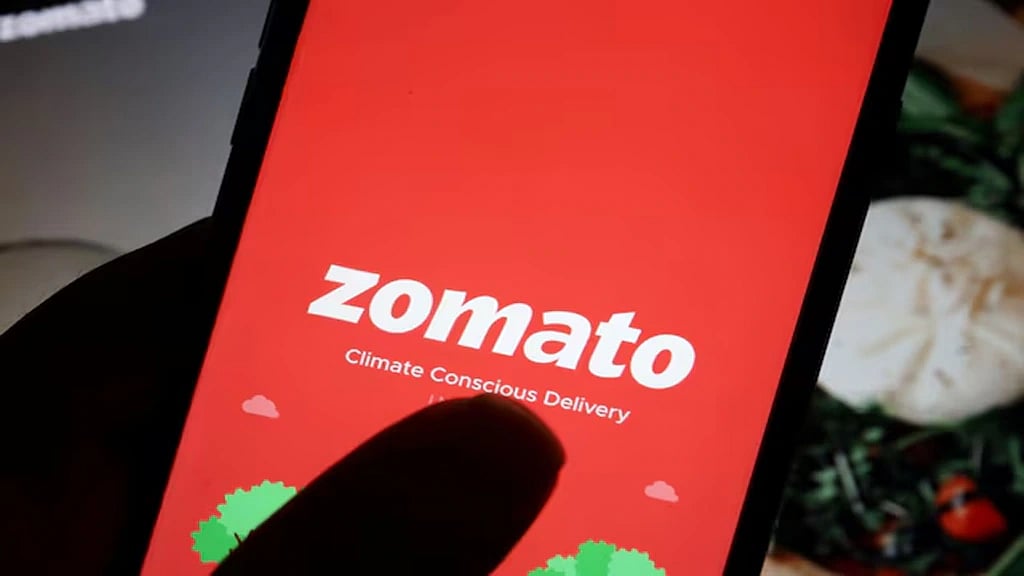The allegations made by certain anonymous individuals purportedly acting as whistleblowers, as published in the Mumbai edition of The Economic Times on November 5, 2021 titled as “Whistleblowers Raise Loan Evergreening Issue at IndusInd Arm” are grossly inaccurate and baseless.
IndusInd Bank on Saturday admitted to having disbursed 84,000 loans without customer consent in May owing to a ''technical glitch''.
Lending without consent was reported by the field staff in two days, and the glitch was also rectified expeditiously, the private sector lender said in a clarification.
On Friday, there was a media report about anonymous whistleblowers writing to the bank management and the RBI about BFIL, the microlending-focused subsidiary of the bank, allegedly resorting to the evergreening of loans, wherein existing borrowers unable to pay dues were given new loans to present the books as clean.
The statements quoted in the report overlook factual aspects and the Bank wishes to provide the following clarification, it said in a press release:
Governance and Control
· All the loan products managed by BFIL in the capacity of a Business Correspondent, are approved by IndusInd Bank and are fully compliant with extant regulatory guidelines, issued from time to time. The processes followed by BFIL pass through audit, inspection, and risk and compliance checks. The NPA recognition process is fully automated in accordance with the regulatory norms that are applicable to the Bank.
· BFIL has an executive level Risk Management Committee which meets every month. This committee was put in place immediately after the merger. In June 2021, the Bank further strengthened the Governance framework through a Board approved policy, to ensure a cross-functional review of the activities of BFIL.
Evergreening
· The Bank strongly denies the allegations of “evergreening”. All the loans originated and managed by BFIL, including during the COVID period which saw the first and second waves ravaging the countryside, are fully compliant with the regulatory guidelines.
· The Bank, through BFIL, provides micro loans to women in rural India for income generating activities under the Joint Liability Group format. This customer segment represents the bottom of pyramid in terms of economic wealth and is the target segment for Financial Inclusion.
· During the pandemic, the customers faced operational difficulties and some have turned intermittent payers, though a large part of them demonstrated a strong intent to repay on many occasions. Basis the requirements, the Bank adopted a multi-pronged approach depending upon the need of the client:
o Additional liquidity support to the extent of 20 percent of the outstanding as on Feb 29, 2020 as applicable under the ECLGS scheme
o Restructured loan under applicable regulatory guidelines including extension of moratorium to help tide the immediate cash flow mismatch.
o Additional loan with a longer tenor and lower EWI for customers, after they cleared of their arrears and with their due consent.
· All the loans follow a weekly repayment model and the customers are required to make payments week on week; if there is any default, the same gets recorded as missed instalments. In view of the weekly repayment model, the concept of ever greening is infeasible.
· The NPA recognition process runs on a daily basis; the data from BFIL system flows directly to the centralized NPA system of the Bank, without any manual intervention.
Loans without customer consent
· 82percent of the BFIL serviced customers are in rural and deep rural India where the access to banking services is limited. This issue further got aggravated owing to operational issues arising out of the Covid-19 pandemic including lockdown, containment zones, and restrictions at the village/panchayat level, and necessitated disbursement of some loans in cash.
· All loans disbursed by BFIL are through Biometric authorisation of the customers (except the technical glitch reported below). In October 2021, nearly 100% of the loan disbursements were in the bank accounts of the customers, as in pre-Covid time.
· Due to a technical glitch in May 2021, nearly 84,000 loans were disbursed without the customer consent getting recorded at the time of loan disbursement. This issue was highlighted by the field staff within two days and the technical glitch was rectified expeditiously. Out of the above, only 26,073 clients were active with the loan outstanding at Rs.34 crore, which is 0.12 percent of the September-end portfolio. The Bank carries necessary provision against his portfolio. The Standard Operating Procedure has since been revised to make biometric authorization compulsory.
The Bank wishes to reiterate that there is a strong risk management and control framework in place, both within the Bank and at BFIL. Nevertheless, an independent review has been initiated by the Bank to see if there is any process lapse or accounting failure at BFIL. Should there be any need, the Bank will immediately take corrective action as appropriate and keep all the stakeholders adequately informed. The Bank has been following a conservative provisioning approach and reiterates that there is no change in the credit cost estimates including that in the micro-finance business.
The Bank once again denies all the allegations.










